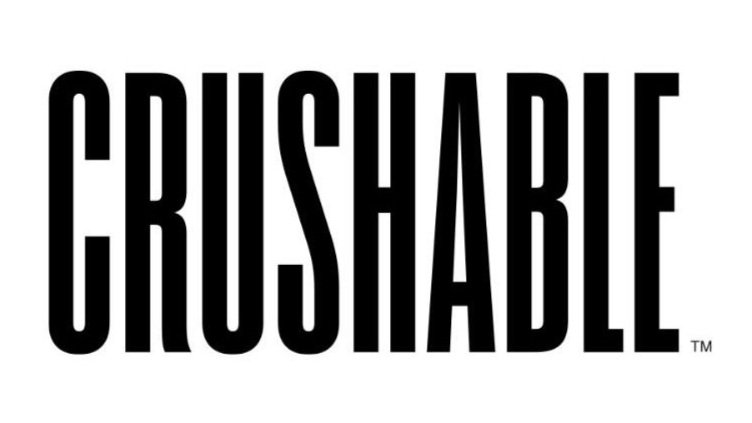who decides what’s best?
Something I think about often: who decides what’s best?
Judging competitions will have you believe it’s platinum award winners the group of 8 or so tasters happened to all agree were drinking well on a particular day, in a particular room, with particular metrics universally agreed upon making up “the best wine”.
It’s generally a small group travelling these circuits — people who drink and promote the same small pool of wineries decreed superior. They judge only about 25% of wine available on the market, since wineries have to submit their products in order to be considered.
There are the legacy wineries, perfect examples of the horseshoe theory — though they may approach wine production with totally opposed philosophies — they speak about their wine in nearly exacting tones. Pearl Morrissette vs Stratus would be a great example of this. These are wines that completely polarize audiences - folks either love or hate them.
Classically trained sommeliers will have you convinced their list of “the best” is final and unquestionable. Of course, these wines are based on typicity and appellation laws, styles that fit neatly into a systematic approach to tasting, leaving little room for nuance or anything atypical. Credentialism reigns.
Anti-knowledge advocates argue it’s in the flaws where the beauty lies: haven’t you ever heard of wabi-sabi? It’s the volatile acidity and brettanomyces that make wine so interesting, like Cindy Crawford’s mole - otherwise, she’d just be too beautiful, man! Drink too much of this shit, however, and you might just lose sight of what a balanced wine tastes like.
There’s the this tastes like wine moderate majority, happy to simply have a joyful elixir in hand in which to share with friends.
There are the trophy chasers — buying based solely on scarcity and hype — who sometimes end up with counterfeits in their collections.
There are people with not a certificate or diploma in sight equipped with decades of experience gently honing their palates to what they intuitively know is special.
There are winemakers who hate natural wine.
There are winemakers who hate conventional wine.
There are Aunt Sharon’s thinking Kim Crawford is the best sauvignon blanc to have ever existed.
I’ve come to discover the best depends on what your definition of it is.
The answer is simply: it depends — on the day, the company, the food, the weather, where you’re at in life, your point of reference, your mood — sometimes prosecco is best, sometimes it’s a big purple bruiser.
Conviction matters but not when it gets to the point of delusional certainty.
